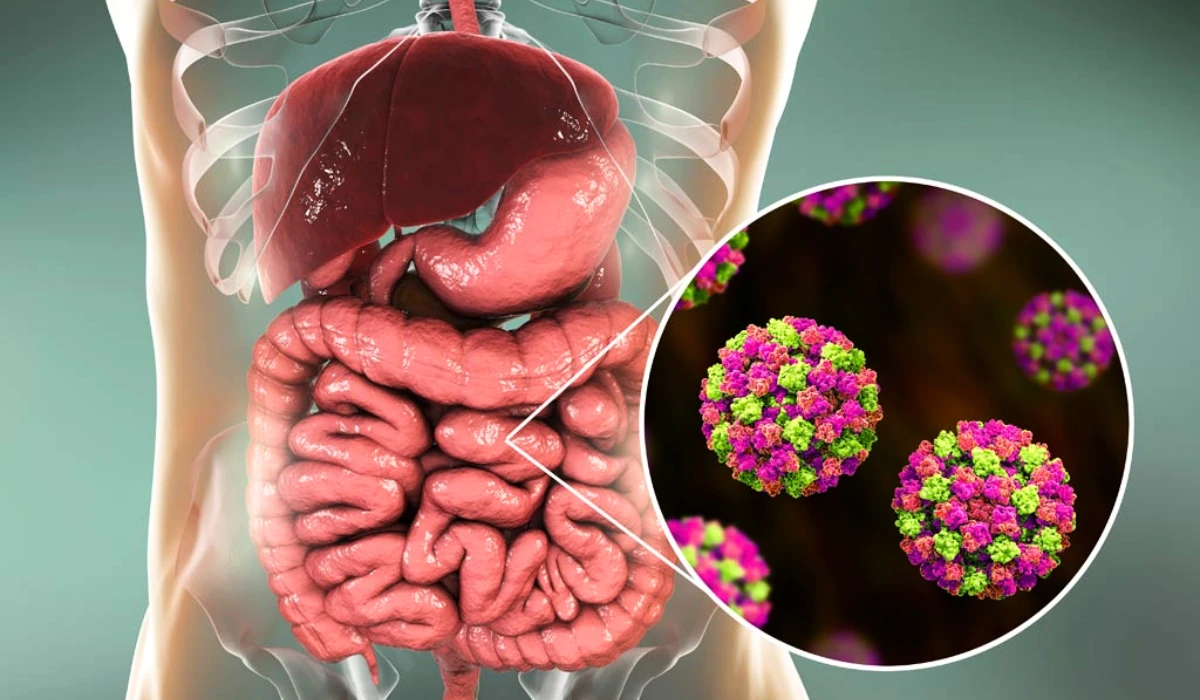When you get sick with vomiting, diarrhea, and belly pain, it can be confusing to know what’s causing it. Is it the “stomach flu” which is usually norovirus? Or could it be food poisoning from bacteria or toxins in something you ate? While the symptoms seem the same at first, some key things can help tell them apart. With food poisoning, you’ll likely get sick pretty suddenly, maybe 2 to 6 hours after a meal.
But a stomach virus takes longer, maybe 1 or 2 days before you feel cruddy. The main diarrhea and vomiting bugs spread quickly from person to person. Spoiled food that wasn’t stored right or cooked hot enough causes food poisoning instead. Paying attention to how and when you get sick, what you ate lately, and if others are sick too can help you tell if germs from people or germs from food are to blame.
Both the stomach flu and food poisoning can leave you feeling miserable with diarrhea, nausea, vomiting, and abdominal cramps. But is your illness due to a virus like norovirus or bacteria from contaminated food? Knowing the cause can influence treatment, so it’s important to understand how to distinguish the two.
Symptoms: Food Poisoning vs. Norovirus
While there may be some overlap, key differences in symptoms can hint at whether a stomach bug or bad food is to blame:

| Food Poisoning | Stomach Flu (Norovirus) |
|---|---|
| Onset: Usually 2-6 hours after eating contaminated food | Onset: Usually 12-48 hours after exposure |
| Nausea: Common | Nausea: Very common |
| Vomiting: Can be severe | Vomiting: Sudden and explosive |
| Diarrhea: Commonly bloody | Diarrhea: Often watery |
| Fever: Medium to high fever often | Fever: Generally no fever or low-grade |
| Duration: Usually 24-48 hours | Duration: 12-60 hours |
Causes Of Food Poisoning Vs Norovirus
Contamination is the culprit, but the source differs between food poisoning and stomach flu:
Food Poisoning Causes:
- Eating undercooked eggs, meat, or fish harboring bacteria like E. coli or salmonella
- Consuming produce contaminated with bacteria due to contact with fecal matter
- Ingesting toxins present in spoiled fish or seafood
Norovirus Causes:
- Close contact with an infected person
- Consuming contaminated food or water
- Touching contaminated surfaces than your mouth
Norovirus is highly contagious with over 20 million cases annually. Proper hand hygiene is key to avoiding transmission through contamination.
Conclusion
Getting to the bottom of what’s behind vomiting and diarrhea can be unpleasant. However, taking note of distinguishing factors like the timeline, severity, and accompanying symptoms can provide clues to whether a stomach bug or spoiled food is at fault. Paying attention to causes can also inform prevention so that uncomfortable bouts of illness can hopefully be avoided.